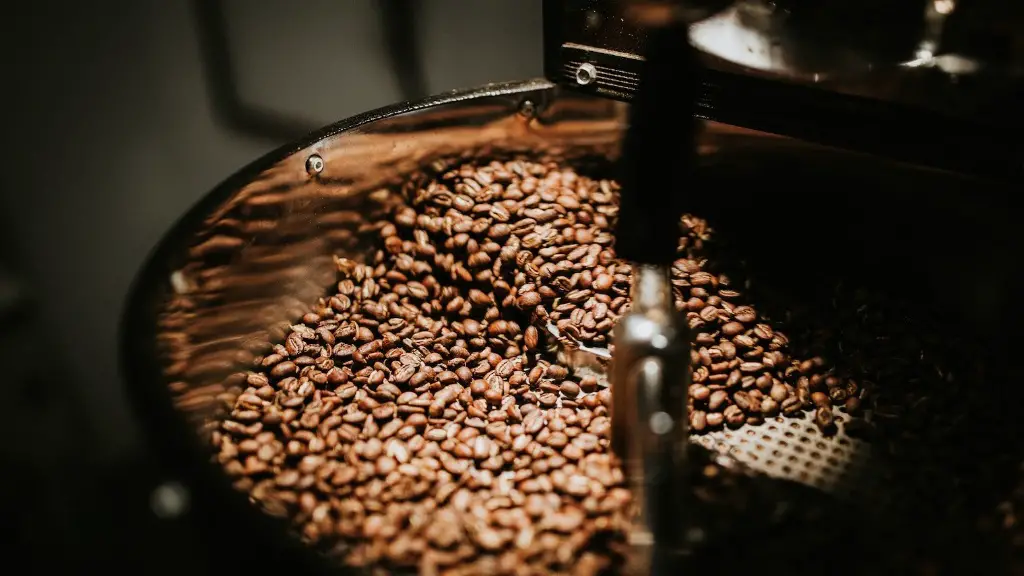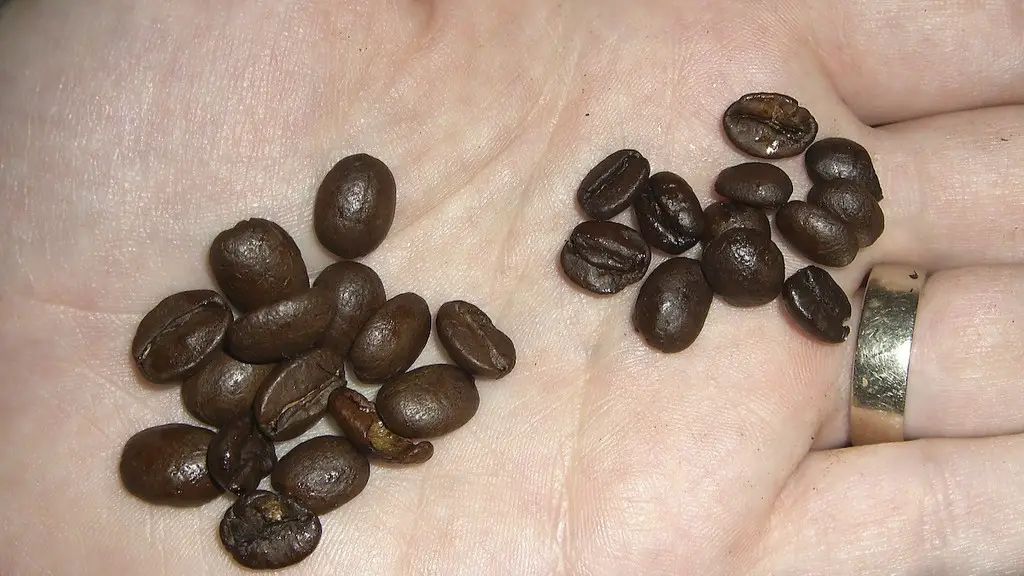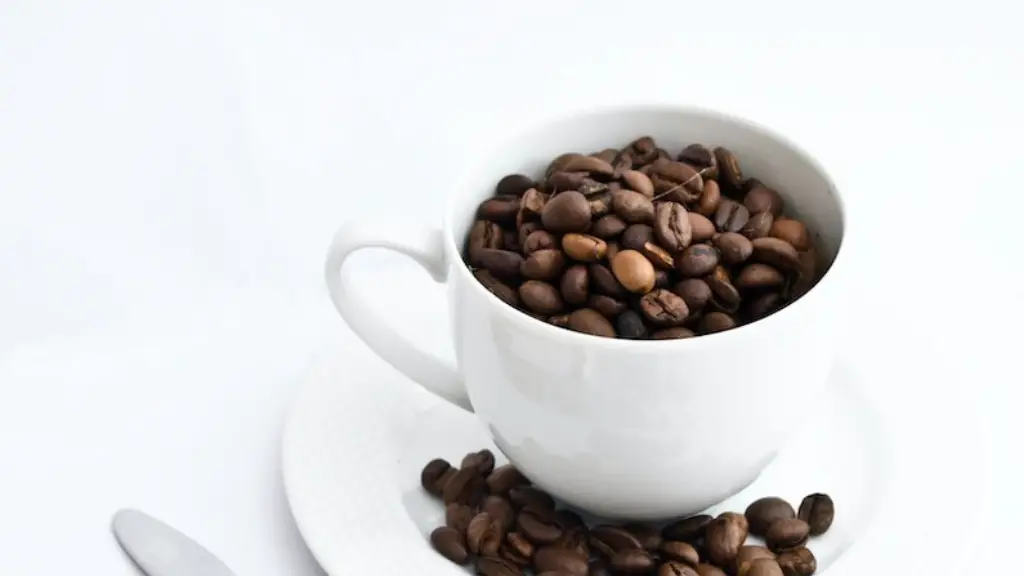Can You Drink Coffee While Intermittent Fasting Keto?
Intermittent fasting involves periods of abstinence from food and calorie consumption followed by periods of normal consumption. A type of intermittent fasting which has become increasingly popular over the past years is a keto-based fasting method, which relies heavily on fat consumption rather than carbohydrates in order to achieve desired results. The question then arises if you can drink coffee while intermittent fasting keto.
For those looking to deepen their understanding of intermittent fasting keto, there are a few things to address. First, one must understand the significance of the way that fats, proteins and carbohydrates all work together in order to achieve desired ketone levels and a state of ketosis. The body relies on glucose as its primary fuel source, which is derived from carbohydrates. However, when carbohydrates are restricted or not available, the body turns to fat as a fuel source. As fat is gradually broken down into ketones, the body switches over to using these as sources of energy instead of glucose.
In order to maintain ketosis, it is important to keep carbohydrate intake low, and also ensure that adequate fat is consumed. Thus, if coffee is introduced into the equation, it will generally be with the intention of keeping carbohydrate intake low. In truth, coffee itself is not a source of carbohydrates, and does not contain any fatty acids, making it acceptable for those looking to maintain a state of ketosis.
In addition, there are some helpful benefits to coffee that are particularly pertinent in the context of fasting. Firstly, coffee contains caffeine, and caffeine is known to be an appetite suppressant. Therefore, drinking coffee during an intermittent fasting keto period could help fend off hunger pangs, as well as stave off cravings and strong desires for food. What’s more, coffee has been reported to improve mental alertness, focus, and energy levels when fasting, ensuring that productivity levels don’t drop.
It is often recommended to drink black coffee for those looking to maintain ketosis as adding fats, carbohydrates or extra components such as oat milk, soy milk, and decadent sugars can add additional and unnecessary calories. Furthermore, the additional components may raise insulin and glucose levels, significantly compromising a state of ketosis.
As coffee during intermittent fasting keto is already a good idea, there are a few more things to consider. Firstly, some people have noted a slower than normal rate of ketone production when they start drinking coffee during a fasting period. Secondly, coffee may not be suitable for those prone to headaches, restlessness and insomnia as it can exacerbate these issues. Lastly, drinking coffee also increases urination, so it is important to remain hydrated, as well as balancing out with electrolytes.
Effect of Caffeine Intake on Weight Loss
Caffeine is known to increase metabolism which, in turn, is beneficial for burning calories. Studies have demonstrated that when caffeine is consumed before a physical activity session, it can help to increase the quantity of fat used for energy, as well as other metabolic benefits. Furthermore, research has indicated that caffeine can aid exercise performance and endurance, potentially leading to effective and improved workout sessions, with in turn may potentially lead to weight loss.
However, one should not be tricked into believing that drinking multiple cups of coffee during fasting will make fat loss easier. Caffeine only boosts the metabolism slightly, and the change in metabolic rate is not enough to create a noticeable change in body composition. Instead, regular exercise and a healthy diet are generally more conducive to weight loss.
Though the effects of caffeine on weight loss are minimal, it could be of value to those looking to engage in intermittent fasting, as it may reduce feelings of hunger and desire for food during fasting periods.
Maintaining Focus Whilst Intermittent Fasting Keto
If you are trying to intermittent fast, the ability to remain focused becomes an important factor. Caffeine can assist with this issue, as the substance is renowned for enhancing energy and alertness, making it easier to concentrate and focus. Certainly, caffeine may not provide the same level of focus as leaning on food sources for energy.
Therefore, when drinking coffee during fasting, it is important to pay close attention to the body’s physical responses, especially in the context of a ketogenic diet. If the body feels tired or drained of energy, food containing carbohydrates and protein should be consumed in order to provide the body with a more suitable source of energy.
Coffee Versus Water
When fasting, thick black coffee may not be suitable for everyone. Coffee, like other caffeinated beverages, can be dehydrating. As a result, it is important to balance out the effects of caffeine by drinking water. It is often recommended to drink a glass of water in between consumption of coffee, or when is necessary, one can simply switch to consuming water instead.
The Benefits
Though coffee may not be a necessity for those on a ketogenic diet and intermittent fasting, it does come with some useful benefits. In particular, its appetite suppressing abilities, as well as productivity enhancing effects can prove useful during fasting periods. With its potential physical and mental benefits, it is no wonder why many people have chosen to include coffee alongside a café while following a keto lifestyle.
The Verdict
In short, consuming coffee on an intermittent fasting keto diet is perfectly acceptable and even recommended. However, it is important to remember that the effects of coffee are individual, and that the effects of drinking coffee while keto fasting can differ from person to person. Therefore, it is always best to ensure that coffee is consumed in moderation and that suitable sources of energy such as carbohydrates are consumed if the body begins to show signs of fatigue or exhaustion.
How to Get the Most Out of Coffee
To maximize the potential benefits of coffee during an intermittent fasting keto diet, some important steps should be taken. Firstly, to reduce risks of dehydration, it is advised to drink a glass of water or other hydrating beverage with every cup of coffee. Secondly, to ensure that coffee does not inhibit with ketone production, it should be taken without any added ingredients, such as high-calorie creams, syrups and sugars. Additionally, it is recommended to not exceed more than three cups of coffee per day in order to reduce risks of side effects such as headaches, restlessness and diarrhea.
Decrease Caffeine Dependence
Coffee, being a central nervous system stimulant, can build up tolerance overtime when consumed in large or regular quantities. For this reason, it is thought to be healthier to alternate coffee drinking with other caffeine alternatives, such as tea, as this will enable the body to remain sensitive to the compounds and benefits contained in coffee.
Conclusion
In conclusion, while it is perfectly acceptable to drink coffee while intermittent fasting keto, certain steps should be taken in order to maximize the potential benefits of coffee. It is important to remain aware of potential side effects the beverage may have, and take suitable action necessary. Ultimately, it is recommended to consume coffee in moderation, and switch to other caffeine alternatives if necessary.


